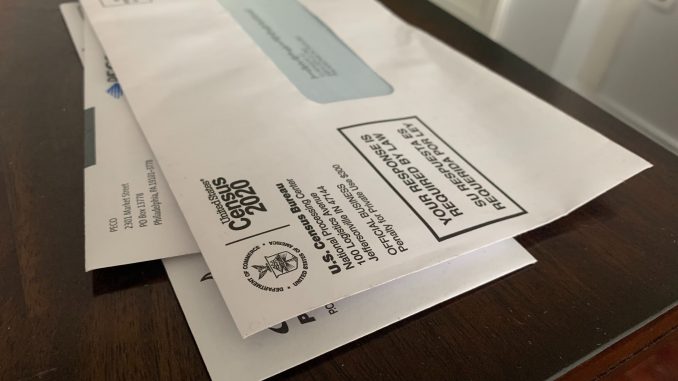
Students may have relocated since Temple University moved classes online for the remainder of the semester. However, they should fill out the 2020 census as if they were still living in off-campus housing, according to the U.S. Census Bureau.
Just like any city resident, students use transportation, healthcare systems, and other services in Philadelphia, said Morris Hobson, the coalition manager of Philly Counts 2020. The city will lose funding if students are counted elsewhere, he said.
“Students that are attending these colleges and universities here in Philadelphia, even if they’re not native to Philadelphia, they typically live in our city for the majority of the time for school,” Hobson said.
Census responses impact how much funding will go to Medicaid, Supplemental Nutrition Assistance Program (SNAP), school safety, mental health services and Pell Grants in a city or municipality, according to the U.S. Census Bureau. Philadelphia will lose around $21,000 in federal funding over the next decade for each person who lives in the city but does not fill out the census, Hobson said.
“It’s a huge impact if we get a large undercount here in Philadelphia which in terms means that Philadelphia, the communities, they will be really underrepresented and underfunded for the next 10 years,” Hobson said.
Besides funding, the census count also helps determine the number of U.S. House Representatives the state will have for the next decade, Hobson added.
Students who lived in apartments where leases are entered by bed, like residence halls, do not need to fill out the census — the university will work with the Census Bureau to submit the count on the residents’ behalf, according to the U.S. Census Bureau.
Erik Long, a senior political science major, marked himself as living in his off-campus housing on Diamond Street near Carlisle while filling out the census which took five minutes, he said.
“It was nice that it was online and I didn’t have to mail it or anything,” added Long, who has moved back home to Harrisburg since classes moved online.
The Census Bureau originally encouraged individuals to respond by April 1. The last day for individuals to respond to the census has been extended from July 31 to August 14 due to the COVID-19 outbreak, according to the U.S. Census Bureau.
The public may respond to the census by mail, over the phone or online, according to the U.S. Census Bureau.


Be the first to comment